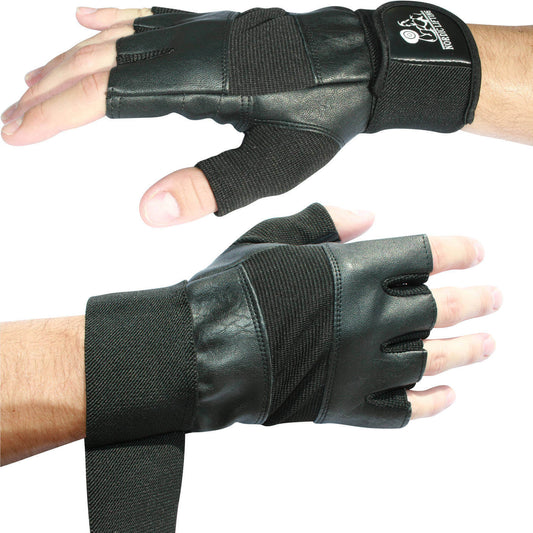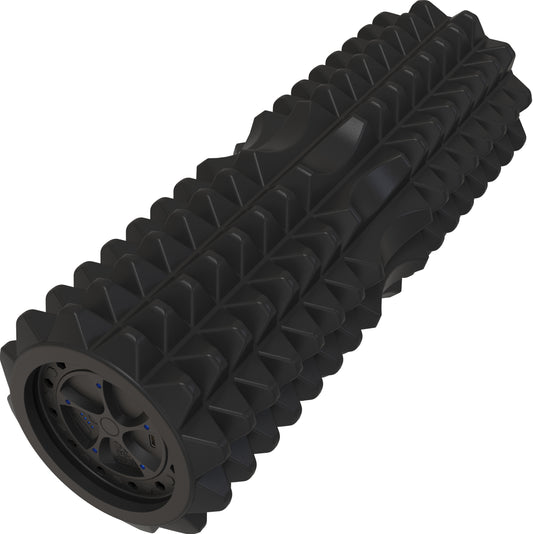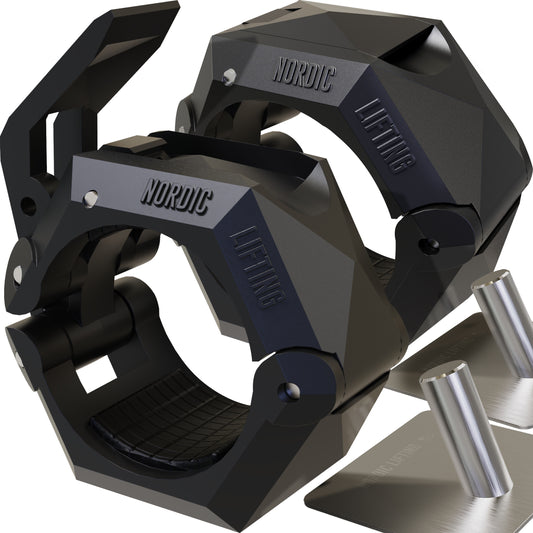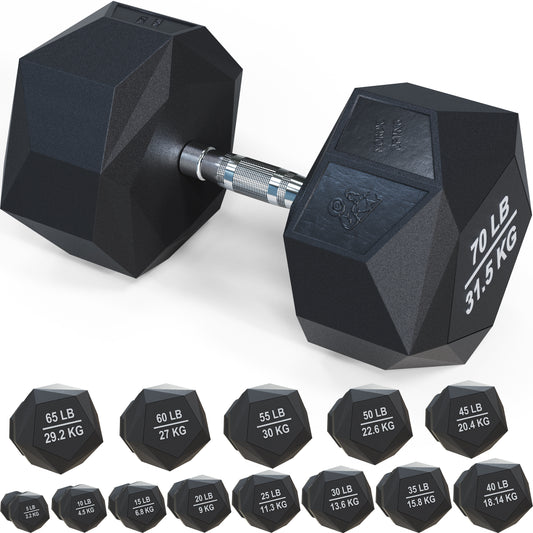
When it comes to our fitness goals, we always think the more consistent we train, the greater the result that we expect to achieve. But a word of caution, training your body to the point of exhaustion can have a bad effect not just in your body but in your overall performance.
You see, when you train intensely non-stop, there’s a great chance that you will lose your strength and your performance decreases. When you feel like your body has reached its limit, it’s important to take things slow and deload. If there’s one mistake that lifters and athletes commit, that’s definitely skipping the deload week.
What’s deload, you ask? Read below and learn why it’s an integral part of the training period.

What is "Deload"
A deload basically refers to the period of time when you take a break from your intense workout; replacing your routine by lifting lighter weights or reducing your reps. Deloads usually last a week; it encourages recovery before another period of harder training with heavier loading.

Who Needs to Deload?
Every now and then it is crucial to deload to ensure progress and help your body avoid fatigue and extreme exhaustion. Generally, the more advanced of a trainee you are, the more important it is to deload. If you train intensely day and night, then you are definitely a candidate for taking a deload period once in a while.

Signs That You Need A Deload
There are plenty of signs that will tell you that you need to pause and undergo a deload period. If you have been experiencing these things that we've listed below, then that's definitely a sure sign that you should give your body a break:
-difficulty in breathing
-not getting any progress in your lifts
-increased heart rate
-unmotivated to hit the gym
-crankiness

How to Deload Properly
As much as possible, deloading should be done every 6 or 8 weeks. If you are going for a rigid training program, it's actually best to take a deload period the week prior for maximum performance.
During the deload period, you may opt to avoid lifting the whole week or simply reduce your workout. The key to deloading is to listen to your body and take a break whenever you feel like you need to.
Here’s an easy guideline on how to plan your deload week:
-Decrease number of reps
-Decrease the number of sets for every exercise you do
-Increase rest period
-Use lighter sets of weight for lifting exercise
-Decrease training period
Always remember that our body shouldn't be treated like a 24/7 machine. It needs rest, recovery, eat, and sleep. If you want to gain an optimal result, then don't forget about deloading as well.












